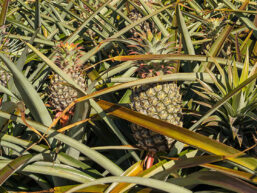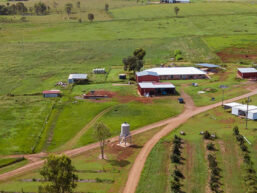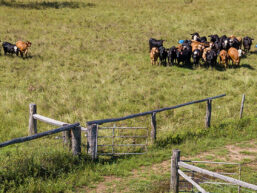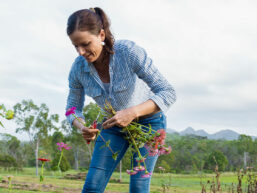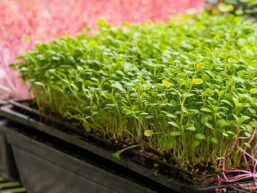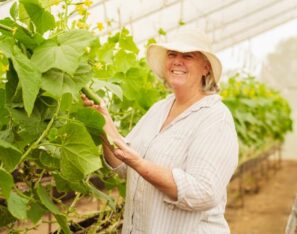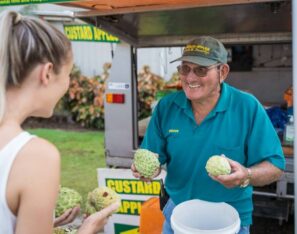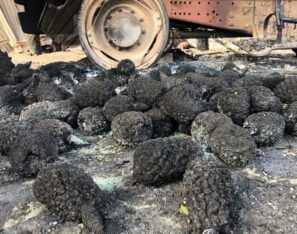Related Posts
The Locavore Diet
05 June 2021 / Food Facts
The term “Locavore” was defined by the Oxford Dictionary in 2007 as a person who is committed to eating food that is grown or produced within their local community. The movement supports a healthier population while promoting a strong and sustainable environment and economy in the local community. It is a trend closely intertwined with and encouraged by Taste Capricorn Coast which hopes to strengthen the locavore movement by directing locals and tourists to retail and food outlets that utilise local produce.
Why be a Locavore?
Understanding how foods ends up on our plate is knowledge worth having. By speaking directly to the farmer at the local markets, you soon get an understanding of the trials and tribulations these farmers overcome so that we can enjoy our roast dinner on Sunday night. From bushfires destroying years of work in a matter of hours, to large amounts of rain creating havoc for salad crops, or a hailstorm wiping out an entire orchard and future income, a variety of adverse events can occur. After understanding these hardships, you soon start to shop more empathically and eat more with your heart.
Buying directly from the farmer means they don’t have to pay for transport, storage or accept lower prices from big retailer supermarkets; you’re supporting them in the best possible way and saving your own pocket while doing so.
Nothing speaks freshness like buying directly from the farm. By eating with the seasons, you are eating food when it is the most flavoursome, most abundant and least expensive. Fresh seasonal local produce packs a punch in terms of flavour, it simply can’t be compared to supermarket varieties that have travelled days, been in storage and sat on shelves for weeks. Food has never tasted so good!
By buying local produce you are also doing your bit for the environment. The lengthy kilometres our food travels is contributing significantly to Australia’s Carbon Footprint. The food comprising the average Australian grocery shop can be transported 71,000km or the equivalent of travelling around the circumference of the earth twice before ending up at our supermarkets.
This long process is impacting the nutritional quality of our fresh produce with water soluble vitamins the most likely to degrade. This is particularly evident with Vitamin C, a water-soluble vitamin that is sensitive to heat and oxygen. Vitamin C degrades rapidly after harvest, and this degradation continues during storage. Vitamin C loss in vegetables stored at 4 degrees Celsius can be as much as 77% over 7 days. By choosing to follow the Locavore movement you are getting more bang for your buck in more ways than one!
From lessening your impact on the environment, to supporting farmers and improving the nutritional quality of your diet, there has never been more reasons to be a Locavore!
How can you be a locavore?
- Grow your own food
- Attend your local farmers markets
- Shop at farm gates
- Ask your greengrocer what produce is local
- Check out the Winter Locavore Meal Plan for the Capricorn Coast






